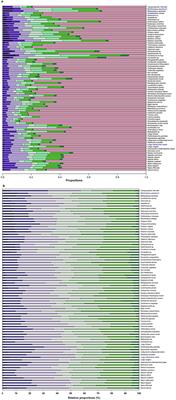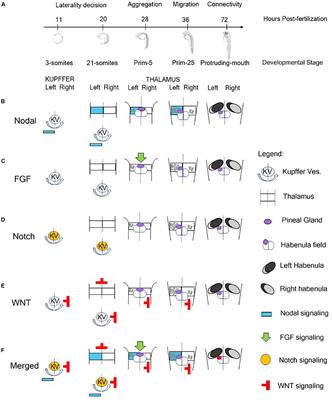EDITORIAL
Published on 07 May 2021
Editorial: Brain Evolution: Clues From Aquatic Organisms
doi 10.3389/fnana.2021.683489
- 4,388 views
11k
Total downloads
112k
Total views and downloads
You will be redirected to our submission process.
EDITORIAL
Published on 07 May 2021
ORIGINAL RESEARCH
Published on 02 Feb 2021

ORIGINAL RESEARCH
Published on 21 Aug 2020

ORIGINAL RESEARCH
Published on 21 Apr 2020

REVIEW
Published on 15 Apr 2020

REVIEW
Published on 26 Mar 2020

PERSPECTIVE
Published on 18 Mar 2020
ORIGINAL RESEARCH
Published on 11 Feb 2020

BRIEF RESEARCH REPORT
Published on 13 Sep 2019

